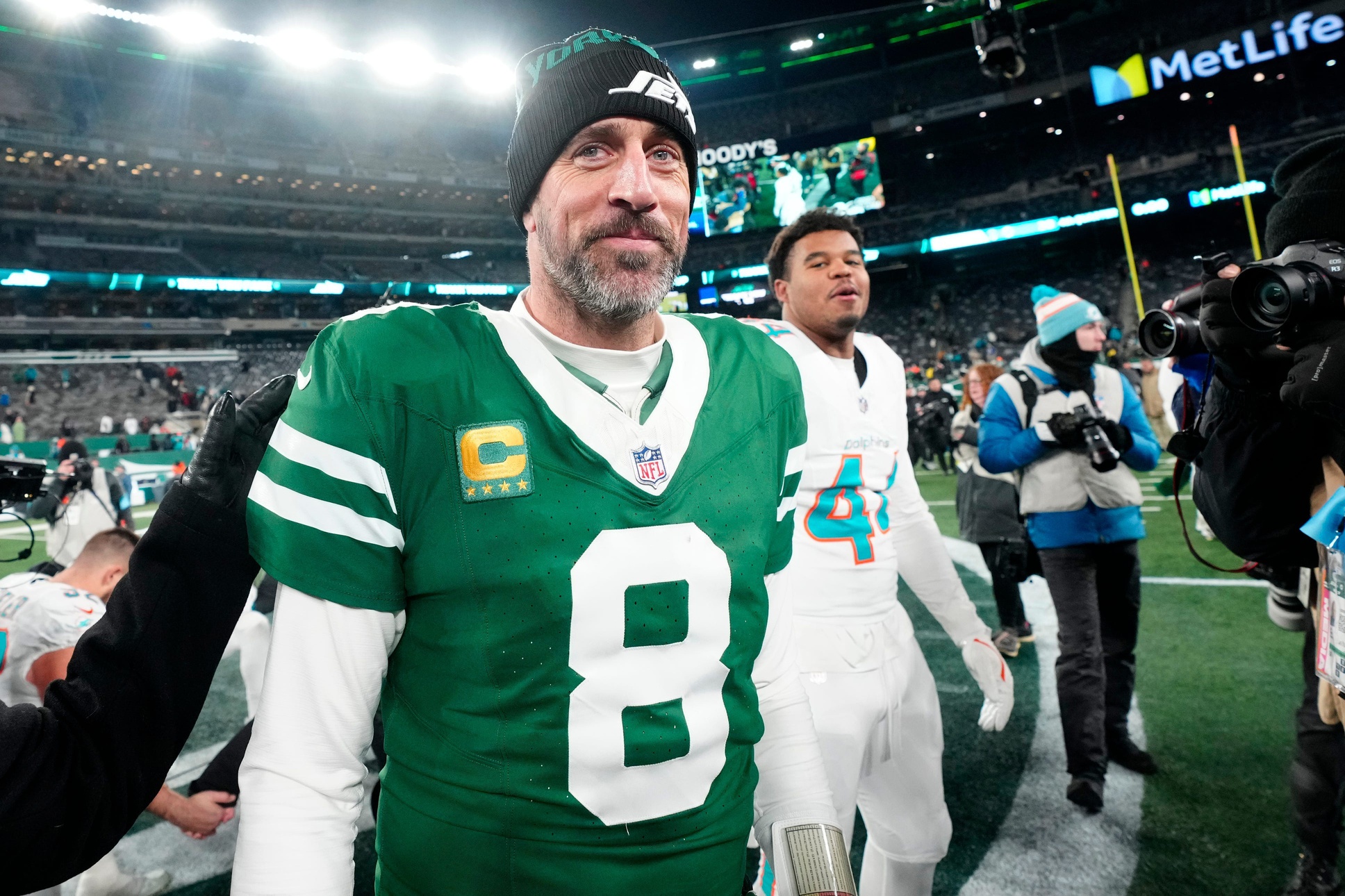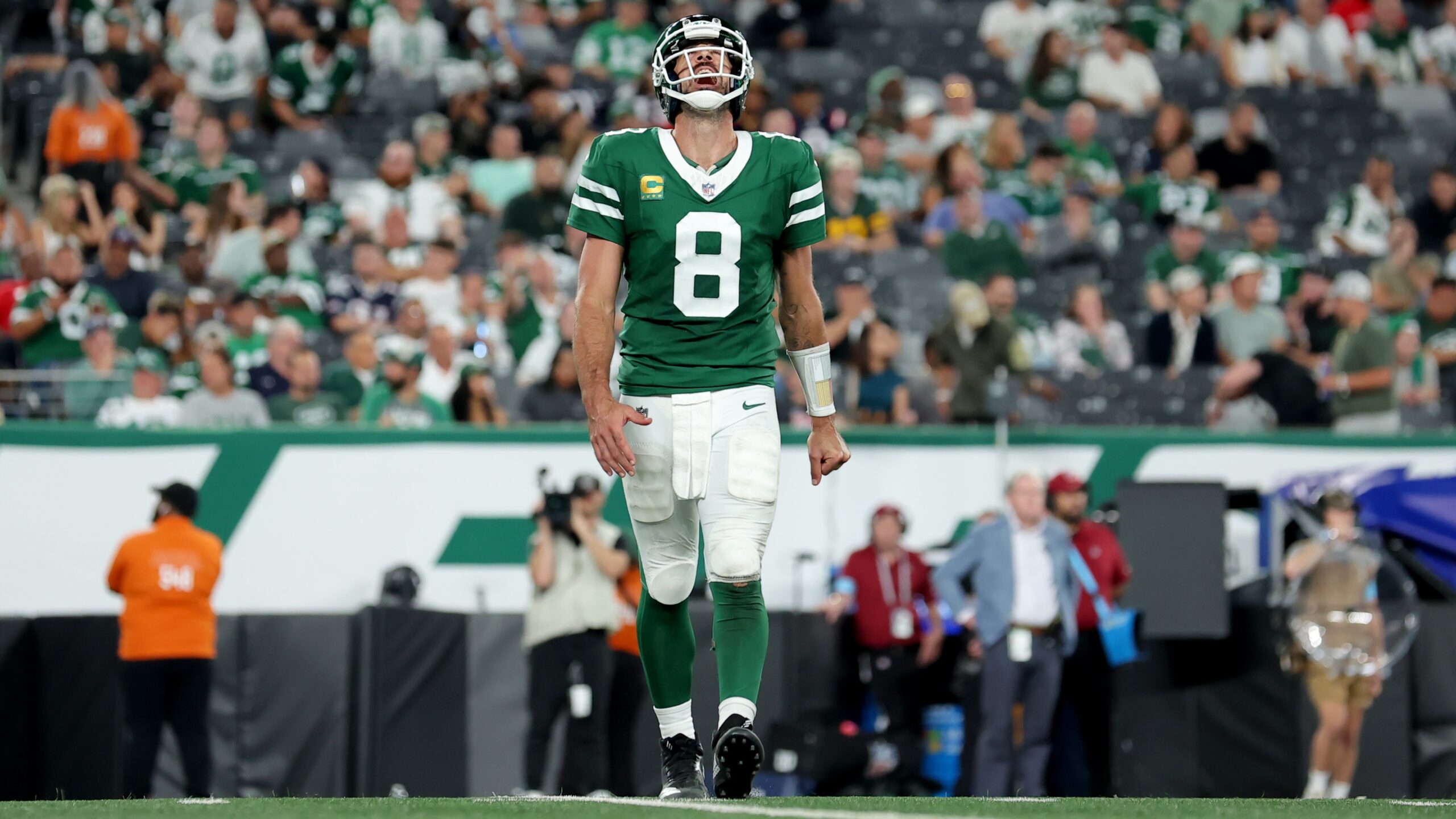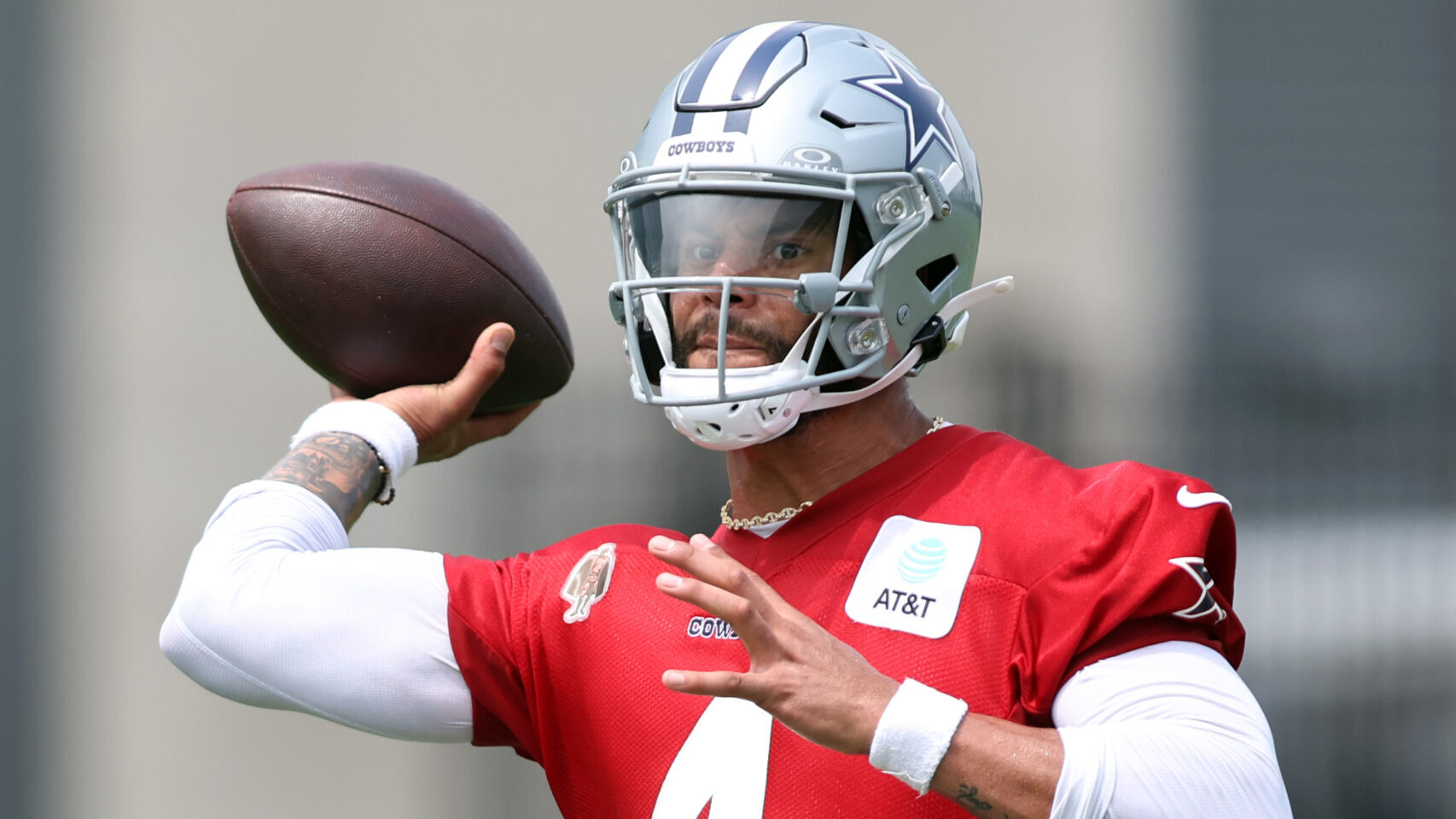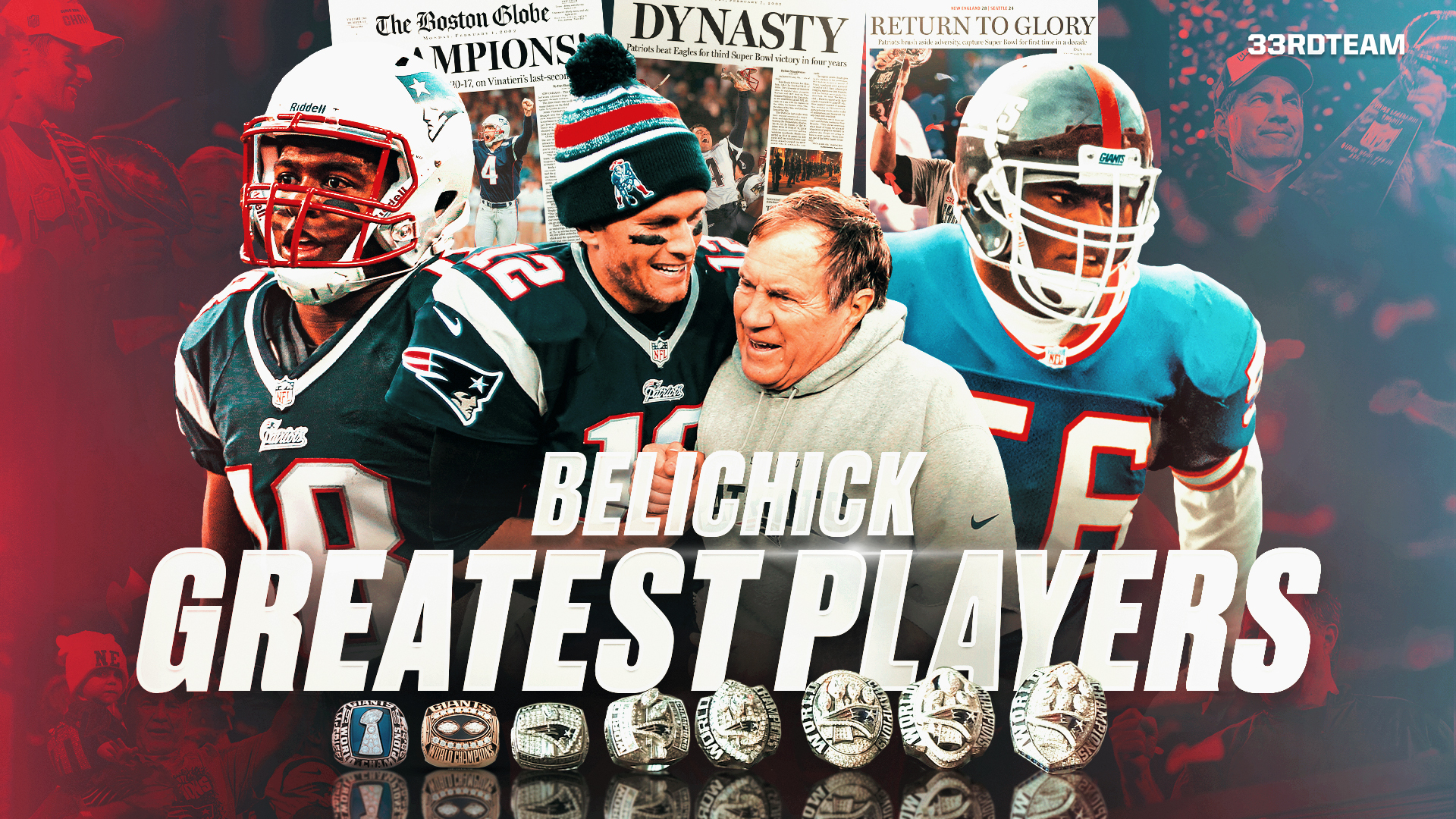Analysis
5/25/21
7 min read
NIL Update: Policy Breakdowns for the Five States That Begin on July 1
Last week, we took a general look at how new state legislation regarding Name, Image, and Likeness is changing the landscape of college recruiting. After California passed the "Fair Pay to Play Act," in September of 2019, other states raced to pass their own bills.
To this point, 15 states have now passed legislation that will make the NCAA's longstanding amateurism policies illegal when they are officially enacted, with 12 other states actively engaging in the legislative process to form new bills.
While most of these states won't see their bills passed for at least a year, five states – Florida, Mississippi, Alabama, Georgia and New Mexico – will enact their new NIL policies on July 1 of 2021.
With this date fast approaching, we've created a guide to each state's new NIL policies, highlighting some of the major differences that students will be considering:
Alabama
The state of Alabama's new NIL bill allows student-athletes to be compensated for their Name, Image and Likeness, to hire third-party representation, and to do so without forfeiting their rights to participate in intercollegiate athletics.
"The rush on things is the fact that the state of Florida has passed similar legislation with an effective date of July 1 of this year," State Representative Kyle South told AL.com. "And our fear is they would negatively recruit against our in-state institutions as a way to recruit student-athletes.”
Alabama's HB404 bill specifically states that athletes "may earn fair-market value compensation," for their NIL and mandated financial literacy and life skills teaching for student-athletes.
Athletes at an Alabama post-secondary educational institution can wear any clothing, shoes or gear of a company that sponsors them while competing in athletic competition. However, student-athletes are not allowed to use their Name, Image, or Likeness to promote tobacco or nicotine products, alcoholic beverage brands, gambling companies, adult entertainment businesses, or marijuana-centric companies.
In an effort to capitalize on these new laws, major universities are hiring third-party companies to help their student-athletes capitalize on their new NIL rights. The University of Alabama instituted a program called "The Advantage," which aims to both maximize social media reach and educate athletes on financial literacy.
Florida
Florida's NIL bill allows student-athletes to earn compensation for their Name, Image, and Likeness, and specifically prohibits the ability for a university to directly compensate athletes themselves. Student athletes can also obtain professional, third-party representation from agents or lawyers for the sole purpose of securing NIL compensation.
Unlike Alabama's law, student-athletes in Florida must disclose their NIL contracts with a school official, and their NIL contracts cannot conflict with the athletes' "team contract," per the Florida Senate website.
Student-athletes also must be provided with financial literacy and life skills workshops in the athletes' first and third academic years.
Florida State was one of the first movers on securing a third-party partnership to support student-athletes' incoming NIL endeavors, instituting the Apex, multi-tiered NIL program. Apex aims to help with social media marketing opportunities for every student-athlete on the Florida State campus using INFLCR technology.
"FSU is collecting a database of all the official university photo and video content, where players that have pictures or videos of them can easily find to use for marketing opportunities," Florida State recruiting assistant Jake Kernan told the 33rd Team.
"Another big portion of it is providing classes though our school of business that are entirely about how athletes can better market themselves and their abilities," Kernan said.
Florida State's College of Business will offer two separate for-credit academic courses that include instruction on NIL-related topics.
Georgia
Georgia's NIL bill allows for student-athletes to profit off their Name, Image, and Likeness and hire third-party representation, but also has some interesting wrinkles that other bills being enacted on July 1 do not.
The most controversial of said wrinkles stems from what House Bill 617 calls a "pooling arrangement," where Georgia colleges can force student-athletes to share up to 75 percent of their NIL compensation with other student-athletes. The bill notes that this pooling arrangement is "a fund for the benefit of individuals previously enrolled as student-athletes at the same time."
Funds would be held in an escrow account and distributed to athletes either when they graduate, or one year after graduation, "based on the number of months the individual was a student-athlete" at that university.
Georgia schools are not forced to use this pooling agreement, which is a relief for University of Georgia and Georgia Tech, schools that may have suffered on the recruiting trail if they were forced to pool the profits of student-athlete NIL compensation.
"We have no plans to provide for a pooling arrangement," Georgia deputy athletic director Will Lawler told the Athens Banner-Herald. "We are continuing to work to understand the nuances of the pooling arrangement provision."
In addition, Georgia's House Bill 617 forces colleges to provide at least five hours of "financial literacy and life skills" workshops to freshmen and sophomores.
The University of Georgia has contracted Altius Sports Partners, a third-party company that aims to help student-athletes understand new NIL policies and learn how to capitalize on their NIL monetization potential.
Mississippi
Like the policies of other states listed above, Mississippi's new NIL law permits student-athletes to be paid for their Name, Image and Likeness and hire third party representation without giving up their rights to participate in intercollegiate athletics.
The Mississippi law also contains similar guidelines for athletes as Florida's bill, requiring players to disclose all endorsement deals to a designated school official before they come into effect. Unlike Florida, players need to provide at least seven days of notice to their school of which agent they are selecting to represent them.
Like Alabama, Mississippi's bill prohibits endorsements of gambling, marijuana, sports betting, tobacco and alcohol. They also prohibit the endorsement of performance-enhancing substances.
Mississippi's bill contains specific wording prohibiting boosters or third-party entities to provide direct compensation to prospective student-athletes before the student athletes is enrolled, ensuring that student athletes will be free to choose their school without bribes.
One very interesting wrinkle that will likely result in future litigation is that this Mississippi NIL bill suggests that allowing students to profit off NIL rights will not make them employees or independent contractors of their institution.
The Bill also allows institutions to impose "reasonable limitations" on the dates and times that student-athletes may participate in endorsement, promotional, social media or other NIL activities. This could lead to future court cases that will set precedent for what a reasonable limitation on athlete endorsements actually are, which could in turn affect schools across the nation.
Ole Miss has launched its own third-party NIL program, "Next Level," that uses the same INFLCR program as Florida State's Apex initiative. The Next Level program aims to help offer educational support to athletes, help with social media tools, and give a fair-market value assessment of each student-athletes' personal brand.
New Mexico
New Mexico is the only state without a major SEC school to become an early adopter of NIL.
Some specific points from the New Mexico law that differ from others include no penalty for student-athletes receiving food, shelter, medical expenses or insurance from a third party. In addition, New Mexico student-athletes can earn compensation from a third party for their NIL in non-team specific activities, which differs from other states.
Universities must allow student-athletes to wear any brand of footwear they please during team activities, unless the footwear poses a health risk or threat to others. In other words, shoe company sponsorships will now be up to the players to execute on their own, rather than the school profiting off shoe contracts and failing to compensate players.
New Mexico student-athletes cannot come to an agreement that requires them to advertise during official team activities without the approval of the university or institution. This means they can't simply advertise a product during interviews or during a game without prior permission.
The University of New Mexico aims to capitalize on the new bill by partnering with an NIL platform called NOCAP Sports. NOCAP suggests that it will support student-athletes' ability to engage with fans and brands to monetize a diverse set of NIL opportunities, protect their eligibility, and allow athletes to access an "all-inclusive education portal for NIL success."








